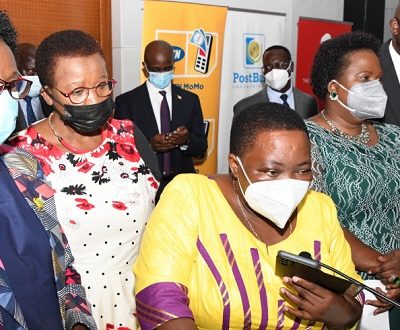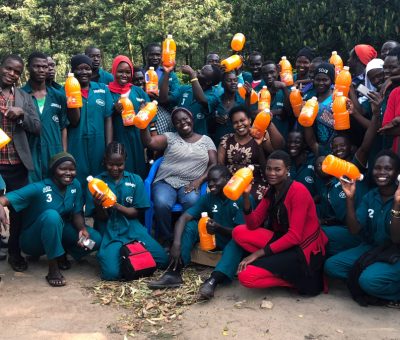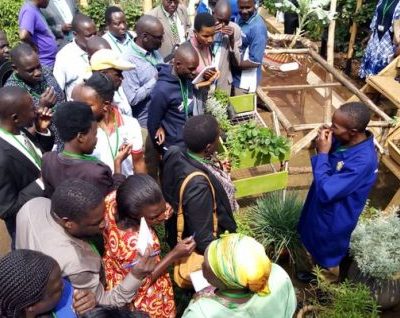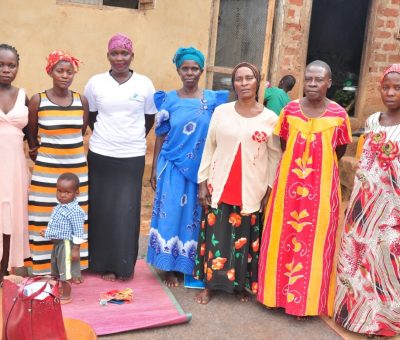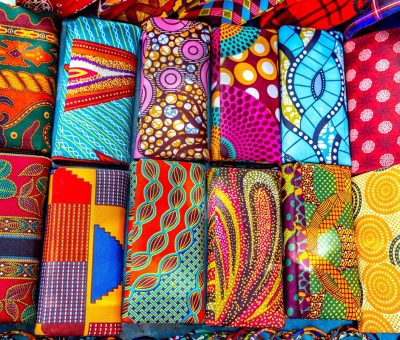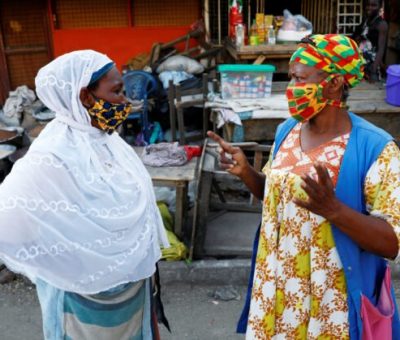From waste to style with Kimuli Fashionability.
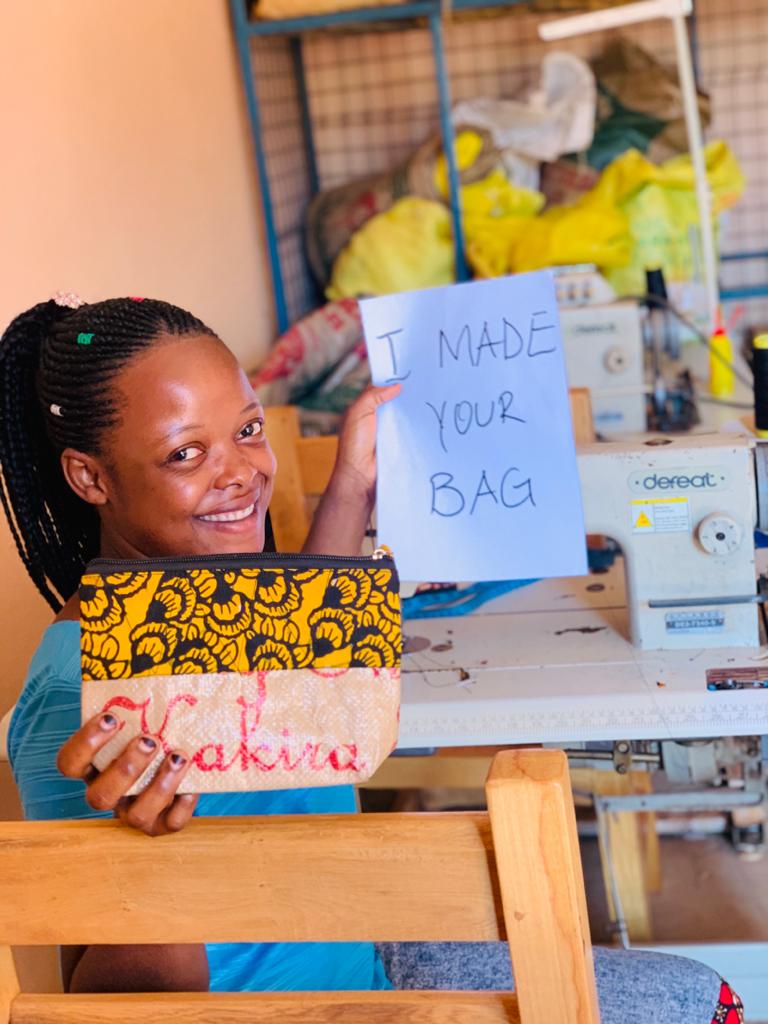
Having lost both her disabled parents at the tender age of 6, Juliet Namujju was left in the care of her seamstress grandmother who struggled to provide for her. This meant as a child, she had to forego some of the things others take for granted such as playing with dolls. However, Juliet did not let this get in the way of her having fun. She got creative and started stitching her own dolls and designing their clothes from her grandmother’s discarded clothes.
Because of limited funds to join university, the 22-year-old enrolled for a short course in Fashion and Design after completing her High School. She then joined Social Innovation Academy which educates disadvantaged youth to become job creators. It was here that she came up with the idea of Kimuli Fashionability, a designer fashion house in Mpigi District. It employs disabled people who upcycle waste products (mostly plastic) into fashionable African wear.

According to research gate, less than half (48%) of disabled people are more likely to be in employment. They face a labour market disadvantage based on both their gender and disability. Thus, disabled women are less likely to access employment, receive equal pay and advance their careers.
Kimuli Fashionability offers career experience to disabled women providing them with an opportunity to learn, grow and be included. Namujju says the fashion entity aims to challenge the stereotypes that disabled women have no ability or place in fashion by training, mentoring and supporting them to believe in their dreams and prove that disability is not inability.
“We give persons with disabilities (physical and hearing impairments) free hands-on skills in creative tailoring and how to turn plastic waste into fashion. Training them with creative tailoring skills turns their disability into an opportunity of creating their own employment while saving the environment from plastic waste accumulation,” she says.
After collection, the waste is washed, dried and cut to different shapes/patterns depending on the design of the product to be made. The waste is then blended with African fabric to create incredible works of art.
Today, plastic waste pollution is one of the major environmental concerns due to the increased accumulation of single-use plastics. Toxic pollutants from plastic waste damages the environment causing both water and land pollution. This may be attributed to recycling still being at a very low scale in Uganda.
Namujju says the blending of the waste and craft creates something that can benefit both the environment and the community.
She notes that in the absence of hearing, these women often have heightened kinaesthetic and visual abilities resulting in high quality products with love for detail.
“I draw my inspiration from my grandmother, a skilled tailor and designer who helped me change my mind set towards waste. I would pick the remains of her work and patch them together to make dolls and clothes for myself. Although she was disabled, she provided for me and inspired me to be who I am today.”
Namujju adds that during the organisation’s fashion shows, 70% of the models are persons with disabilities. They also ensure that at least 70% is creative, up-cycled and recycled work.
Kimuli Fashionability also organizes sensitisation programs in schools and children camps with collaborative partners like Kaleke Kasome, Hedco and rural communities supporting.
“We organize fashion shows where the disabled showcase the products they make from waste to raise funds and change people’s mind-set on disability as well as creating awareness on waste and how it can be used for good,” Namujju says, adding that since eco-friendly innovations are the future, more sensitisation on sustainability partnering entrepreneurship is crucial.
Lastest Stories

- Business
- at July 19, 2021



